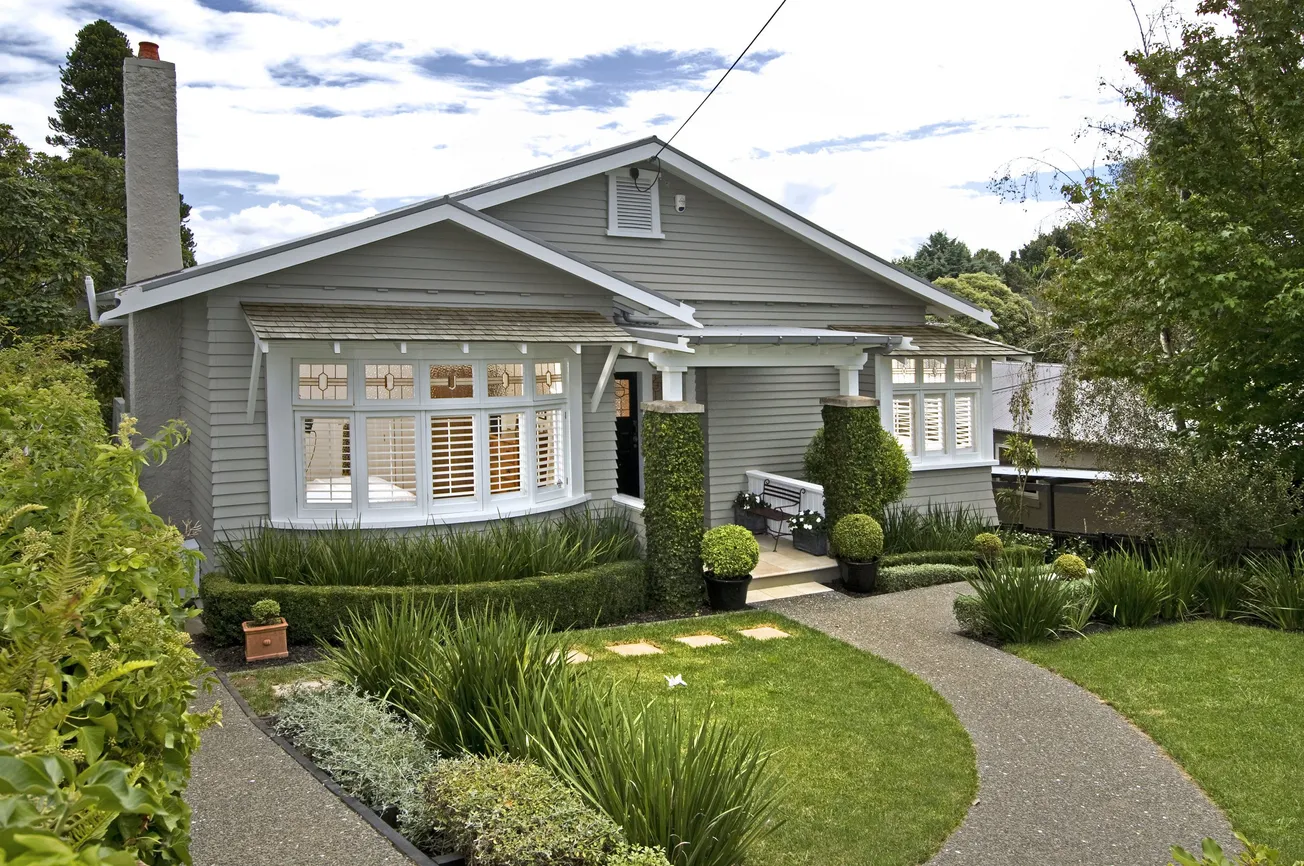Table of Contents
Grant Robertson has written a letter telling the Reserve Bank that the government is unhappy about the cost of housing, and to find a way that the Reserve Bank can assist the government to relieve the situation for potential homebuyers.
Adrian Orr is not someone who likes criticism. The Minister of Finance has not overstepped the mark as yet, but he does have the capability of going further, if the Reserve Bank shows no sign of complying.
The Reserve Bank could make all, or at least most, of its newly printed money available only to the business sector, thus killing two birds with one stone, as this would honour the agreement to assist employment wherever possible, while not adding fuel to the fire in the housing market. But to date, it has shown no sign that it is prepared to play ball. Chances are, it won’t.
It is purely and simply a matter of risk. The banks can certainly lend to the business sector, but the risk in this sector is higher than in the housing market. Banks hate risk when it comes to lending. That is why they are so happy to lend for housing, as paying the mortgage is everyone’s main priority and, if things do go pear shaped, the bank can always sell the house and recover all or most of its funds by doing so. But it is worth remembering that bank mortgagee sales are relatively rare, particularly for owner-occupied housing. Banks try hard to keep people in their homes, by offering mortgage holidays or interest-only payments while homeowners are experiencing difficulty. Nine times out of ten, the homeowner resolves the issues themselves, without the need for a mortgagee sale.
But there is another factor creating a storm in the housing market. Money is very cheap at the moment; we all know that, but the return on cash is, as a result, negligible. People with money in the bank are going backwards, forced to spend their capital because interest rates are so low. Their options are limited. They can move into equities, which is not everyone’s favourite form of investment, as it can be a bit nerve wracking with the economy in a volatile state (although share prices are doing very well indeed at present).
Besides, people like to invest in what they know. And most people know about houses.
So at a time when we have the toughest laws that favour tenants over landlords, we are still seeing a surge in investors coming into the property market, because, particularly if you have the cash, a rented property can provide the return on your money that cash simply cannot.
Yes, there are risks, and the tenant risk is a major factor. But the rules around the type of property that can be rented nowadays has meant that most tenants are going to be reasonably well-heeled. They have to be prepared to pay high rents, but at the same time, they will get a good quality house for their money. So, conversely, the government has just made the property market more attractive for investors, so long as they have the cash to pay for the houses outright, or more or less outright. Lots of people, particularly older people, have cash in the bank and have no idea what to do with it. Buying a rental property seems like a good idea in a rental market where upwards of 50 people turn up to view the house each time it becomes vacant.
The BNZ recently announced that they will insist on a 30% deposit (in one form or another) for investors wanting to borrow. That is unlikely to present a problem to many investors. If house prices have increased by 20% over the last year, then most investors have the extra equity in their other houses to use as leverage to buy another property. Of course, many of the investors coming into the market are cash buyers, or may only need to borrow a small amount. 30% deposits present no problem to either group and even a first time investor can use his own property as leverage to borrow for a rental. This move by the BNZ, likely to be followed by the other banks, will do nothing to dent investors’ enthusiasm but the banks look like they are doing something, and can otherwise lend with glee to investors.
In other words, we have the perfect storm for banks to lend to investors, probably crowding out first-time buyers for a stake in the housing market. First-time buyers still need a deposit, in most cases, of 20%, which can be a large amount of money these days. At the moment, we have record numbers of first-time buyers coming into the market, which can only be a good thing. Don’t be too surprised though if we start to see record numbers of investors coming into the market soon as well. The banks, and Adrian Orr, will do little or nothing about it. The government doesn’t rule the private housing market. It should stick to building social houses, because we certainly need them, now more than ever.
Please share this article with others so they can discover The BFD









